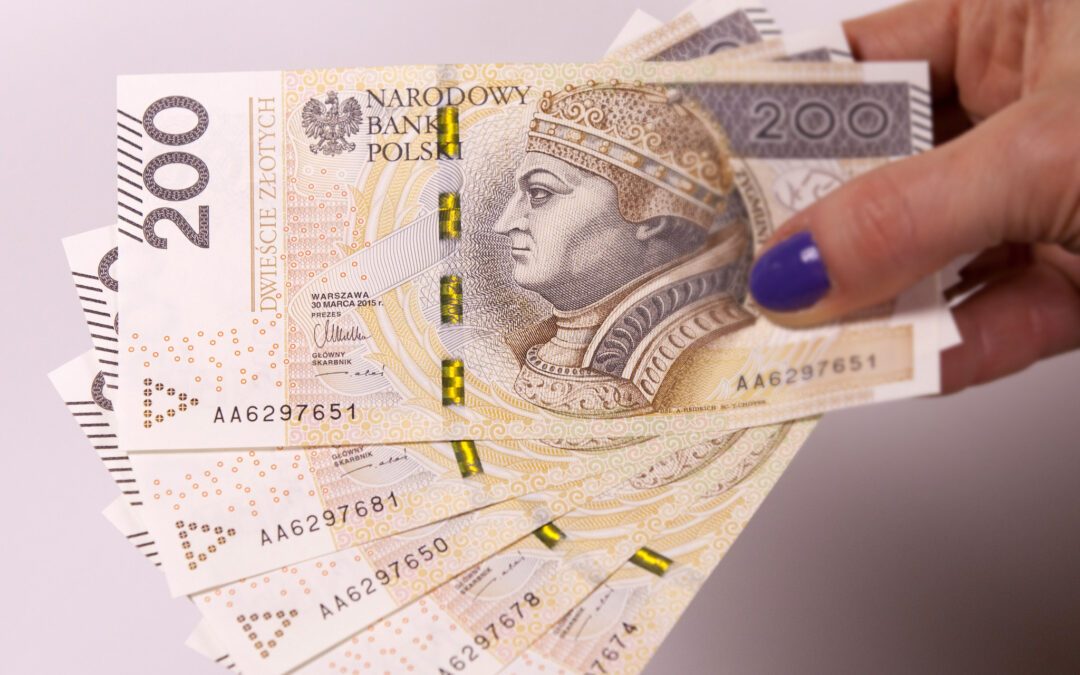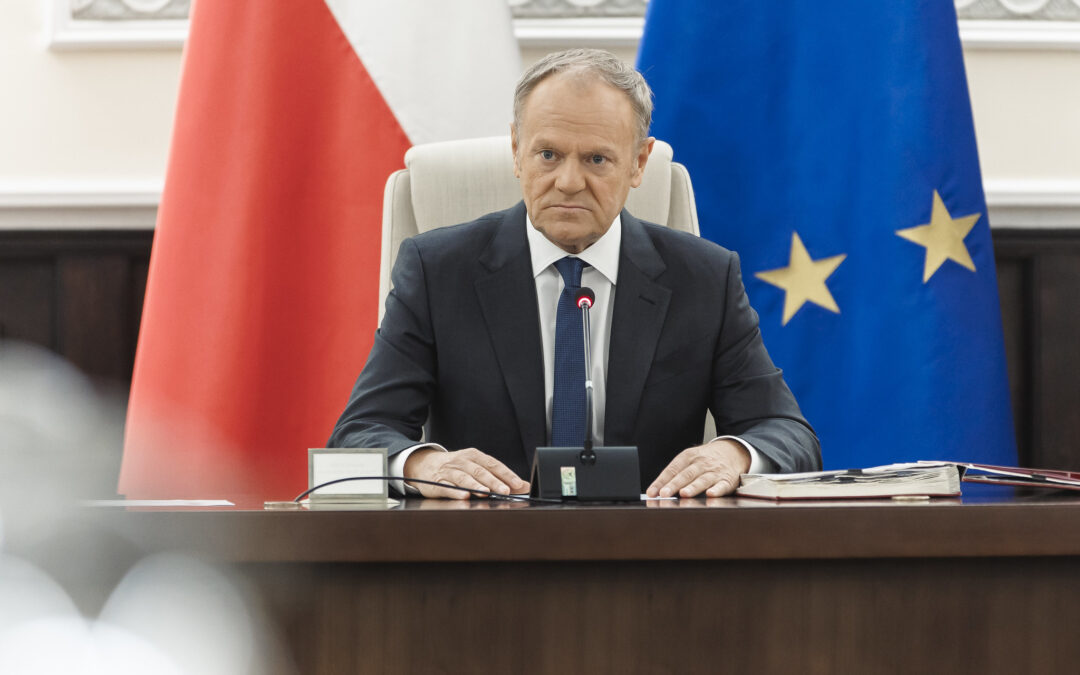Keep our news free from ads and paywalls by making a donation to support our work!

Notes from Poland is run by a small editorial team and is published by an independent, non-profit foundation that is funded through donations from our readers. We cannot do what we do without your support.
Poland’s government has set up a task force that will coordinate between ministries and other state agencies on renewed efforts to clamp down on the informal, untaxed sector of the economy.
The so-called “grey economy” is believed to amount to hundreds of billions of zloty per year, with estimates of its size ranging from 9% to 30% of GDP.
Powołaliśmy Międzyresortowy Zespół do spraw Przeciwdziałania Szarej Strefie. W Ministerstwie Finansów odbyło się inauguracyjne posiedzenie zespołu z udziałem ministra @Domanski_Andrz. 🔗 https://t.co/JSPJXL3hyG pic.twitter.com/25YfRkaWQM
— Ministerstwo Finansów (@MF_GOV_PL) April 15, 2025
On Monday, the inaugural meeting of the Interministerial Team for Combating the Grey Sector took place at the finance ministry.
It included representatives of 12 ministries, as well the Social Insurance Institution (ZUS), Internal Security Agency (ABW), tax authorities, police, border guard and Statistics Poland (GUS). Representatives of the European Commission and International Monetary Fund (IMF) also attended.
“Today’s meeting is the beginning of intensive and effective interministerial work in the field of counteracting the grey sector,” said finance minister Andrzej Domański. “Only through coordinated actions are we able to counteract this complex phenomenon.”
In a statement to financial news website Money.pl, Domański’s ministry said that the task force’s main goal is to produce a draft strategy and action plan for the government to counteract the informal economy.
Two more weeks to save @notesfrompoland!
We're halfway through our campaign and we've received 300 donations from our readers. Thank you for the generous support!
But to continue our work we still need your help. Click below to learn more https://t.co/0gVkMlaA0W
— Notes from Poland 🇵🇱 (@notesfrompoland) April 15, 2025
The grey sector includes activities such as cash-in-hand work that is not officially registered and the unlicensed sale of items like cigarettes, alcohol and medicines, thereby avoiding the payment of taxes.
According to a GUS estimate from 2022, the size of the grey sector was equivalent to 9% of Poland’s GDP. That would amount to around 350 billion zloty (€81.5 billion) this year, notes Money.pl.
However, a report released last week by the Institute of Economic Forecasts and Analysis (IPAG), a Warsaw-based body, estimated the informal sector to be twice as large, at 756 billion zloty in 2024, equivalent to 18.5% of GDP.
According to Money.pl, the highest estimate presented at this week’s inaugural meeting of the new government task force was that the grey sector is equivalent to 30% of GDP. Preparing a new methodology for assessing the size of the informal economy will be one of the team’s tasks.
Around 12% of contracted employees in Poland receive some of their wages off the books, finds new analysis by @PIE_NET_PL.
Such under-the-table payments harm honest businesses, impact on workers' rights, and reduce state revenue, notes the think tank https://t.co/pW3aJVnauN
— Notes from Poland 🇵🇱 (@notesfrompoland) May 7, 2021
IPAG notes that an increase in taxes on alcohol in recent years – with the excise duty rising by 20% from 2022 to 2024 – has led to an expansion of illicit sales.
“The value of illegal sales of high-proof alcohol in 2023-2024 generated approximately 1.3 billion zloty in annual losses for the state budget due to uncollected excise duty,” it found, noting a similar problem with growing unregistered sales of tobacco products.
IPAG called on the authorities to introduce tougher measures to clamp down on such illicit sales. It also recommends a further shift towards cashless payments as a means of preventing unregistered economic activity.
Poland’s previous government in 2023 withdrew from plans to limit the size of cash transactions. However, it also led an effort to improve the collection of VAT, with the European Commission noting in 2022 that Poland was among the EU’s most successful in reducing its “VAT gap” between expected and actually collected payments.
Poland is scrapping limits on the maximum size of cash payments.
The decision comes after a junior partner in the ruling coalition criticised the restrictions as an infringement of freedom at the behest of “eurocrats” and the “banking lobby” https://t.co/USLAOEiS9X
— Notes from Poland 🇵🇱 (@notesfrompoland) June 19, 2023

Notes from Poland is run by a small editorial team and published by an independent, non-profit foundation that is funded through donations from our readers. We cannot do what we do without your support.
Main image credit: Narodowy Bank Polski/Flickr (under CC BY-ND 2.0)

Daniel Tilles is editor-in-chief of Notes from Poland. He has written on Polish affairs for a wide range of publications, including Foreign Policy, POLITICO Europe, EUobserver and Dziennik Gazeta Prawna.



















